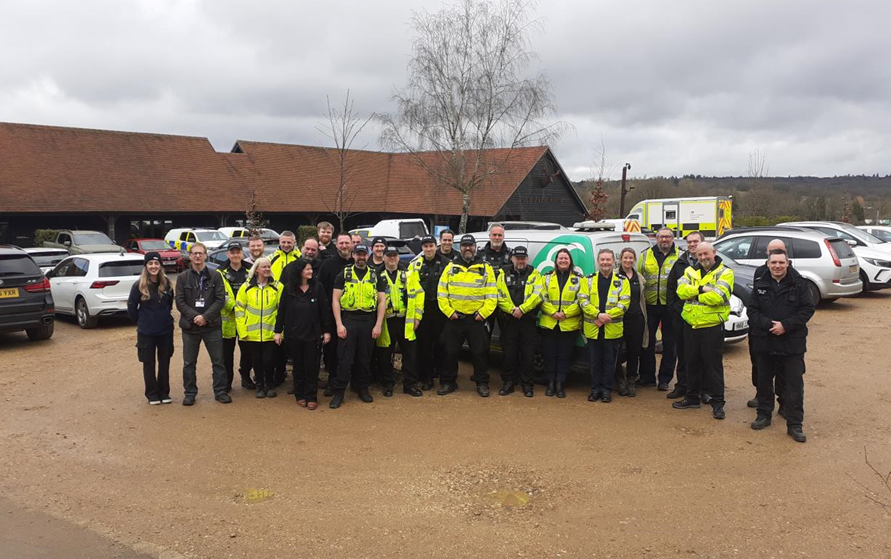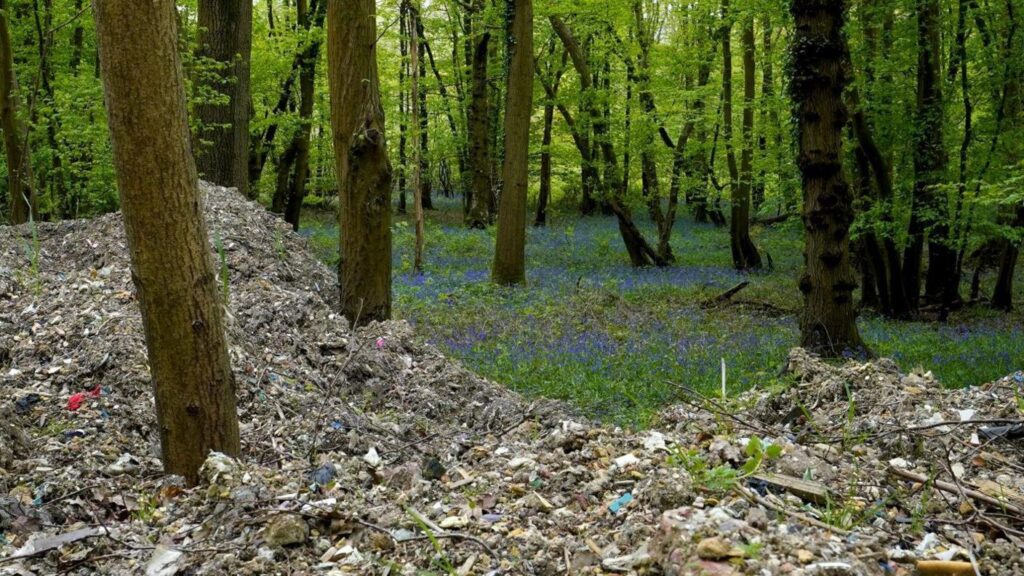Ten joint operations are said to have taken place across the country in the last year, which involved stopping vehicles that could be carrying waste. Officers interviewed drivers and examined the vehicles and their contents to “deter and disrupt” ongoing fly-tipping, help identify waste-carrying vehicles and “ensure” compliance.
The joint operations resulted in 347 stopped vehicles, 15 drivers fined, three summoned to court and 20 issued with warnings or words of advice by Sussex Police.
Thirty-nine businesses were advised by Environment Agency to register as a Waste Carrier or face a fine. There were also 49 prohibitions and one fixed penalty served by DVSA.
Addressing the problem
Councillor Deborah Urquhart, West Sussex county council cabinet member for the environment and climate change, said: “Tackling fly-tipping is an important part of our drive to protect the environment in West Sussex and this initiative from the county council alongside the Waste Partnership shows we are actively taking steps to address the problem.
“I hope interventions such as this will help to raise awareness and act as a deterrent to anyone thinking of illegally dumping their waste.”
Kevin Carter, chair of the West Sussex Waste Partnership, said: “Fly-tipping is both a criminal and anti-social offence and everyone has a legal ‘duty of care’ to ensure their household or business waste is disposed of correctly.
“The West Sussex Waste Partnership is passionate about responsible waste disposal and is committed to tackling this issue and hopes the ongoing joint operations will go some way to deter and discourage future incidents.”
A hazard on the highways
Sergeant Tom Carter, from Sussex Police Rural Policing Team, said: “In addition to the impact on wildlife and the environment, fly-tipping effects everyone in one way or another. It has a massive impact on taxpayers in both urban and rural areas, because it has to be removed at public expense.
“It also affects landowners when it happens on private land, and it can be incredibly expensive to remove if the waste is hazardous. It often creates a hazard on highways, especially on country roads with a national speed limit, where road users face an increased risk of collision.
“We regularly carry out checks on waste vehicles, and it’s concerning that a large proportion of the vehicles we stop are not roadworthy. This is usually due to the excess weight of the waste they are carrying or the poor condition of their tyres. Ultimately, the drivers of these vehicles are putting themselves and other road users in danger.”








Subscribe for free